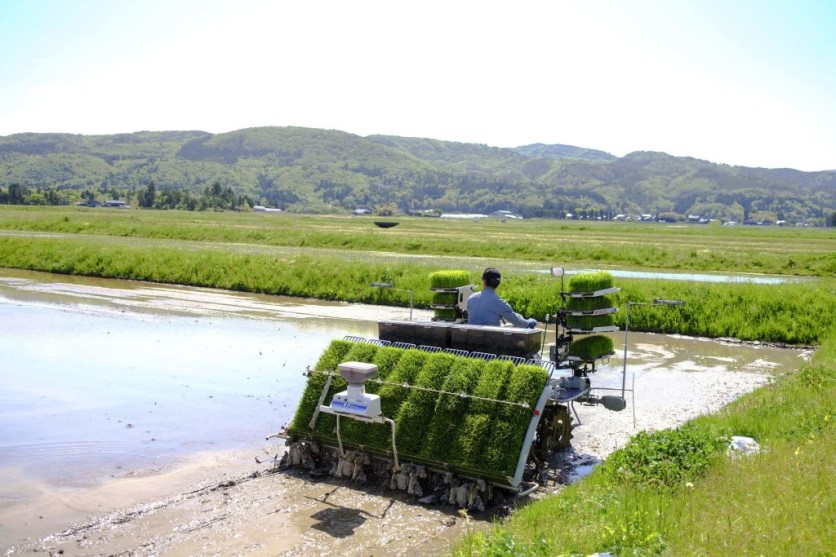German company BASF is establishing its presence in the rice sector of Japan by offering an AI tool that helps farmers make up for a labor shortage, according to a report by Nikkei.
This year, Yamazaki Rice, a company with five employees and around 100 hectares of land in Saitama prefecture, started utilizing the Xarvio Field Manager system from BASF.

Satellite and Weather Analysis
Real-time analysis for satellite and weather is offered by Xarvio. The amount of fertilizer advised for each farm area is also customized by automated maps.
The data is then transmitted to farm machinery with GPS. The president of Yamazaki Rice claimed that the AI's daily recommendations helped some fields' yields increase by as much as 25%.
The machine learning used by Xarvio covers more than ten years' worth of crop data and international scientific journals.
The National Federation of Agricultural Cooperative Associations, more popularly known as Zen-Noh in Japan, began delivering Xarvio in April 2021.
According to BASF, the AI delivered alarms in field tests looking for rice blight in roughly 100 places across Japan with an accuracy rate of over 97%.
BASF further claimed that Xarvio accurately predicted the occurrence and timing of the fungal disease 80% of the time within three days, allowing farmers to minimize the damage as soon as possible.
Xarvio has been used across a combined 33,000 hectares, which is about 0.8% of Japan's entire agriculture, largely for rice paddies, as per Nikkei's report.
Preventing Excessive Use of Pesticides
BASF will offer a function that forecasts weed growth in rice paddies to prevent the excessive use of pesticides next spring.
Xarvio has been provided in about 20 countries so far. According to Livio Tedeschi, president of agricultural solutions at BASF, Japan's market is huge since it produces high-quality agricultural products.
According to Nikkei, other Japanese businesses are also developing ways to assist farmers in increasing their output even with fewer workers. Iseki, a farm machinery manufacturer, is developing a robot that will keep weeds from growing in rice terraces.
The Japanese government set goals to increase farm output last year. The use of herbicides and similar agricultural chemicals will be reduced by 50%, and chemical fertilizer use will be cut by 30%, according to Japan's road map for 2050.
The transition to smart farming occurs as the average age of Japanese farmers approaches 68. In three decades, the nation's total of 1.36 million farmworkers is expected to fall by more than half, as per Nikkei.
Related Article : AI, Nanotechnology May Help Solve World Hunger via 'Precision Agriculture,' Thanks to Research

ⓒ 2025 TECHTIMES.com All rights reserved. Do not reproduce without permission.




